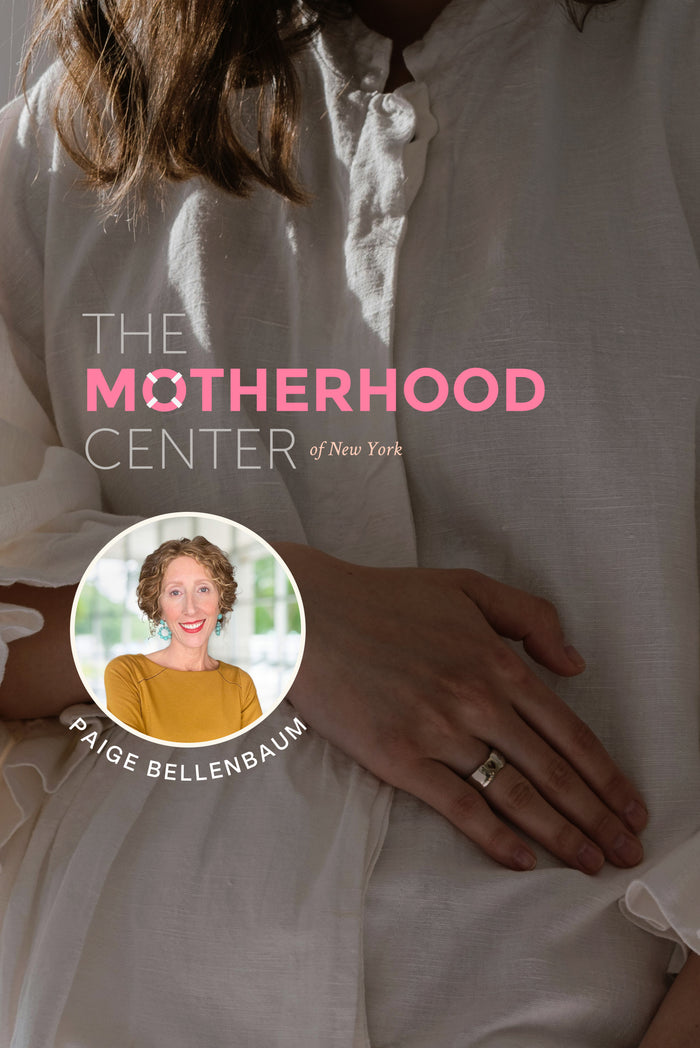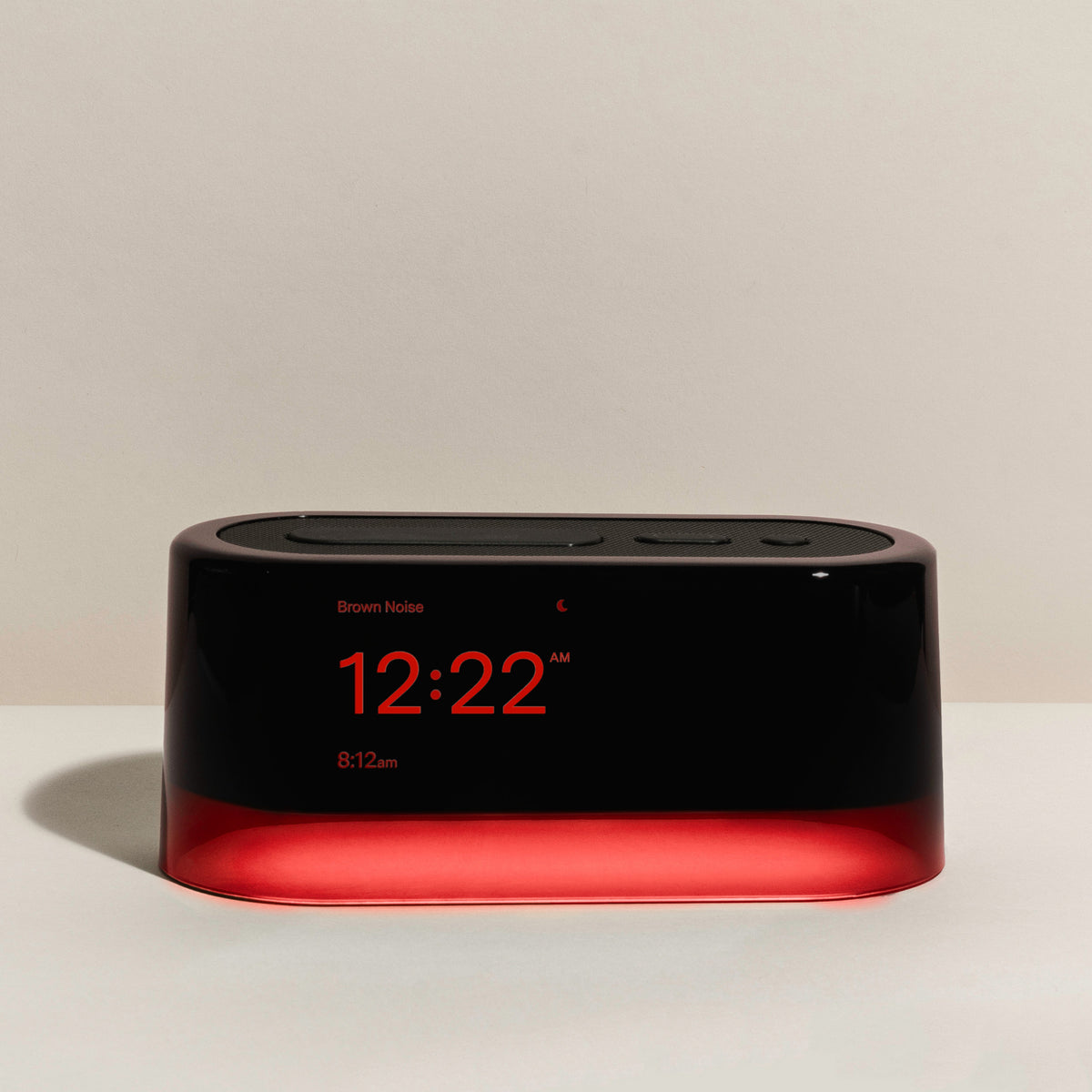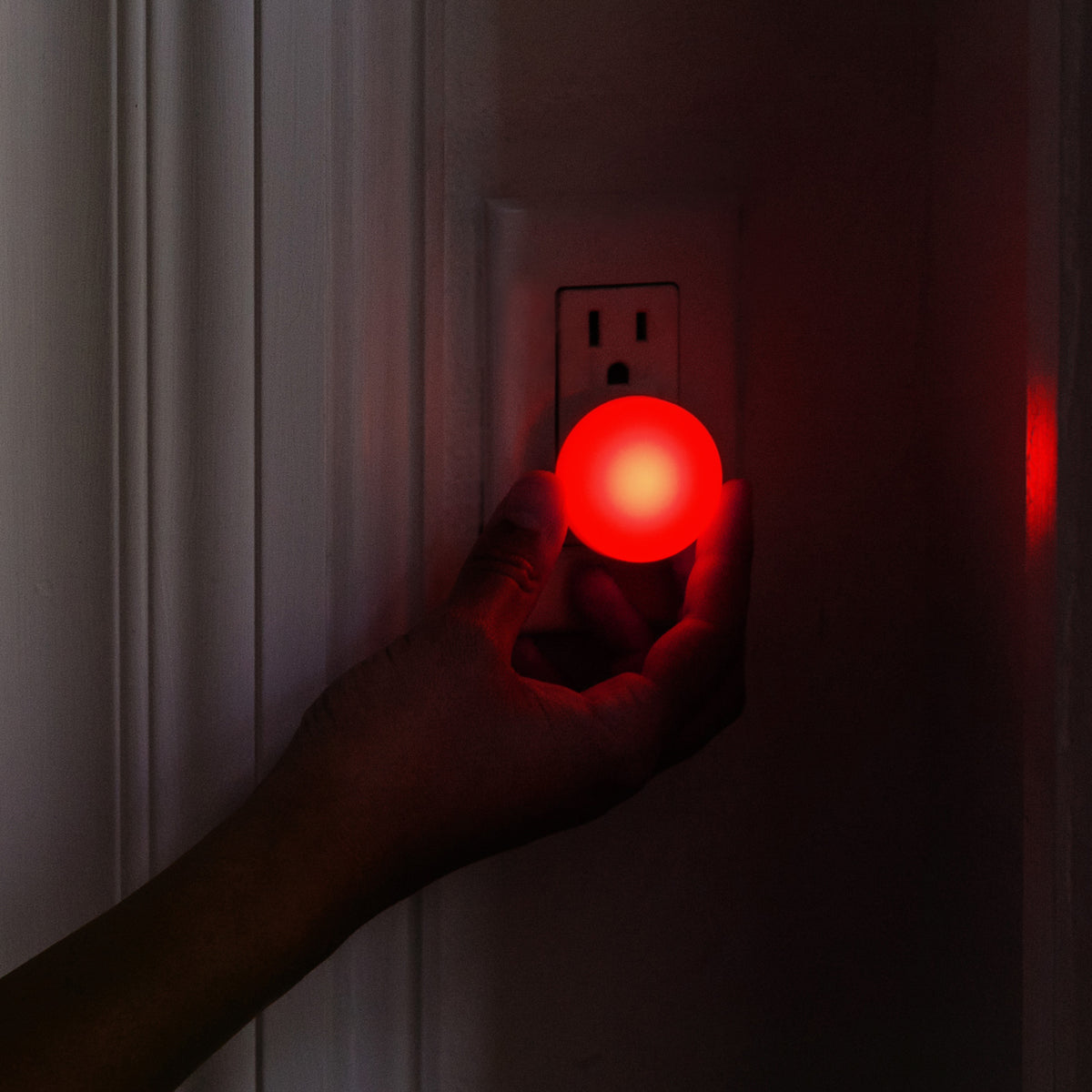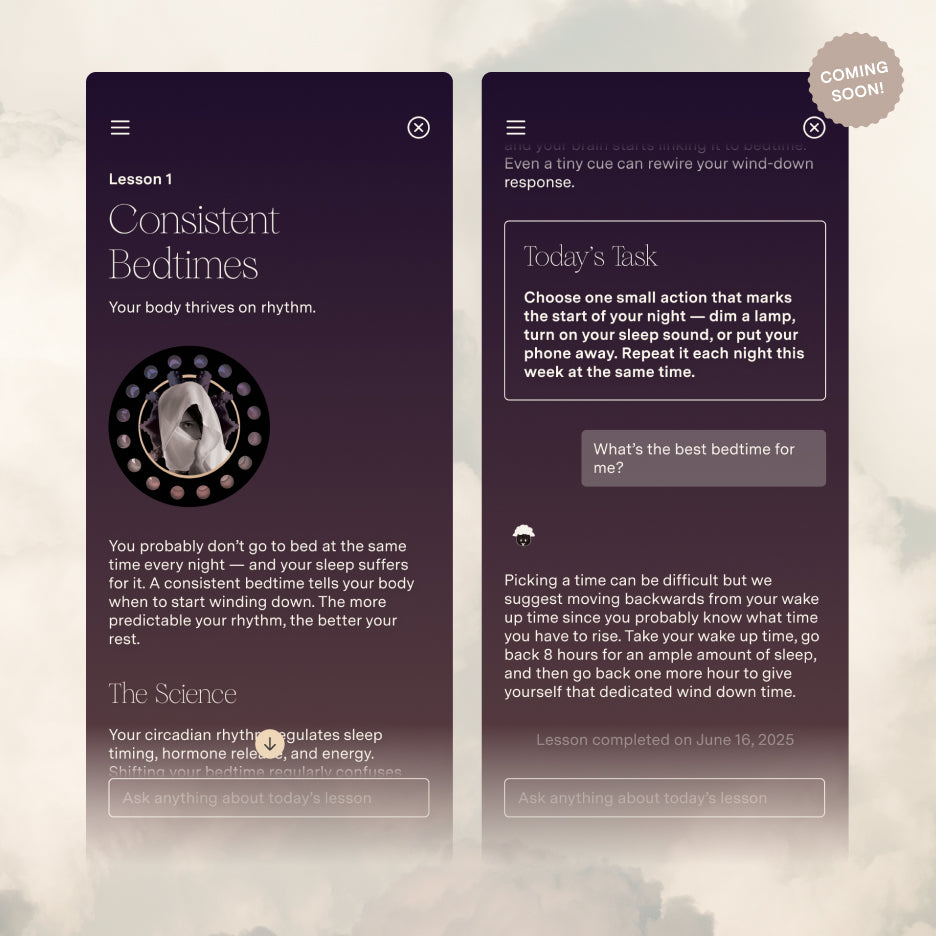Paige Bellenbaum is the Founding Director and Chief External Relations Officer of the Motherhood Center.
May is Mother’s Day and it’s also Mental Health Awareness Month. What’s so important to you about this month?
Every day, 1 in 5 new and expecting mothers experience a maternal mental health condition in the U.S. For those of us who do this work - we know that number is actually 1 in 3, but due to the shame and stigma that surrounds mental illness in the perinatal period, 75% of all pregnant and postpartum people stay silent due to fear and judgment.
Maternal mental health conditions are the #1 complication associated with childbirth, and the leading cause of maternal death. The month of May is a critical time for us to drive continued education and awareness of these conditions and help reduce the stigma that surrounds them.
When most people think of postpartum and mental health, they think of postpartum depression. What other symptoms can women experience?
Perinatal mood and anxiety disorders (PMADs), otherwise known as postpartum depression, include a number of diagnoses and symptoms that can strike at any time during pregnancy and up to one year postpartum.
These diagnosis include:
- Perinatal Depression
- Perinatal Anxiety
- Perinatal OCD
- Perinatal PTSD
- Postpartum Psychosis
The symptoms associated with these diagnosis can include hopelessness, helplessness, crying a lot of the time, not looking forward to things, not feeling connected to the baby, irritability, constant worry about the baby’s health and wellbeing, not being able to sleep even when the baby is sleeping or being cared for, not having an appetite, feeling very overwhelmed, and thoughts of wanting to escape or not be here anymore.
What’s often the trigger for many of these symptoms?
There are a number of risk factors that impact the likelihood of a pregnant or postpartum person developing a PMAD. Some of these include things like recent stressful life events, familial history of mental health conditions, and complications with birth, breastfeeding and the postpartum period.
When a new or expecting mom is not getting enough sleep or is experiencing insomnia - as is often the case pre and postpartum - it can increase her risk for developing a maternal mental health condition like those described above.
How does someone identify if they have a PMAD and what can they do to seek help?
Everyone has a mental health baseline. It’s the place we reside when we are feeling emotionally and psychologically well. The further a pregnant or postpartum person moves away from their baseline, and the more frequent and intense distressing symptoms become, this may suggest a PMAD is at play.
If symptoms are getting in the way of completing daily tasks, or mom taking care of herself and/or her baby, it’s time to seek clinical support and treatment. It’s so important not to wait or white knuckle it - the sooner a new or expecting mom is connected to care, the sooner she can start to feel like herself again.
What advice do you have for new or expecting moms or partners when it comes to preparing for these scenarios?
Know the signs and symptoms. Educate yourself using the resources below and make sure your partner and close family and friends are also aware of what to look for. When a perinatal person is struggling with a PMAD - they are not in a position to find their own help and support, they need their loved ones to throw them a life preserver.
Have a postpartum plan that includes perinatal mental health services in your community - so if you do struggle - you know who to call.
Resources
-
If you are in the New York tri-state area, call or visit The Motherhood Center at 212-335-0034 or https://themotherhoodcenter.com/.
-
If you are anywhere else in the U.S. or international visit Postpartum Support International at: https://www.postpartum.net/
With the right support and treatment - everyone can feel better.
























